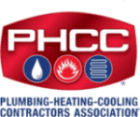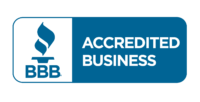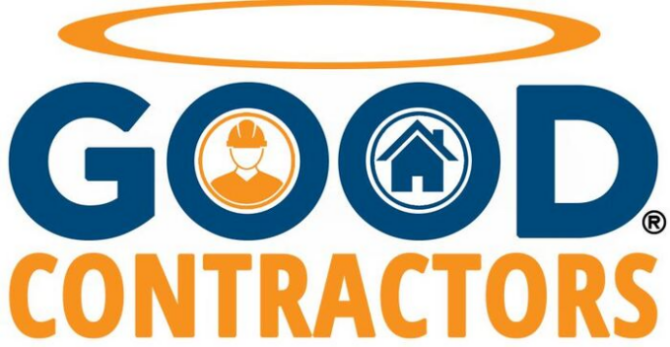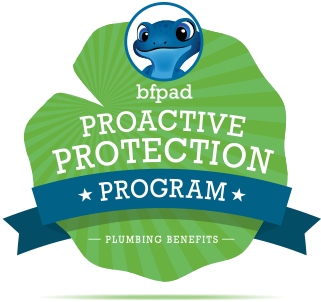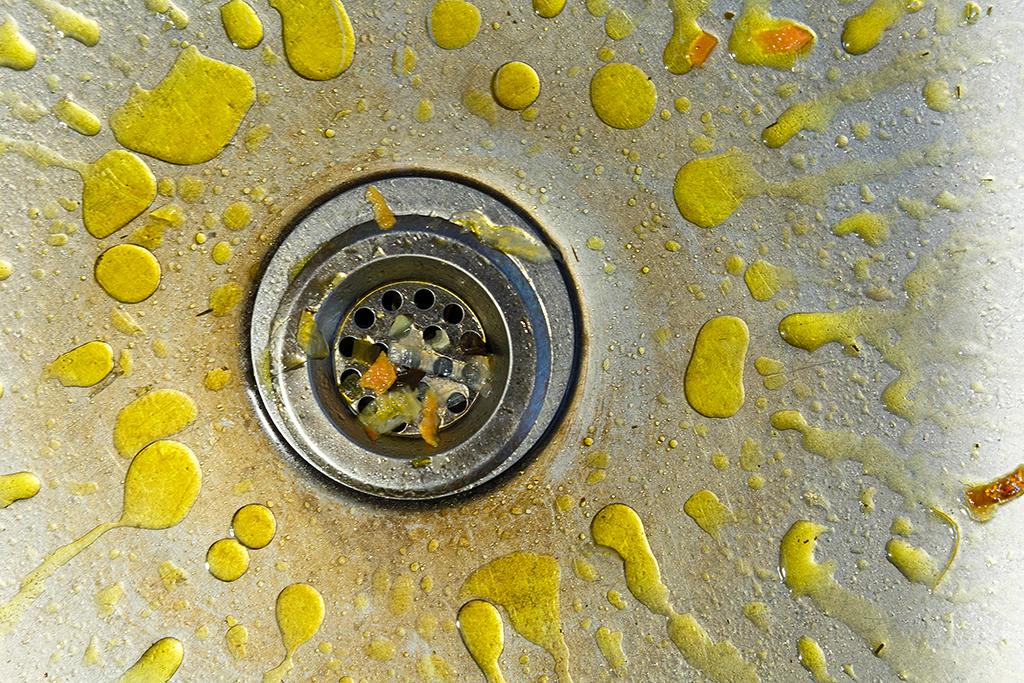
How To Deal With Grease Clogs And Drain Cleaning In Your Kitchen Drains | Irving, TX
Photo By ALEKSANDR TANNAGASHEV at Shutterstock
Homeowners in Irving, TX, love their bacon and cheese. And they don’t hesitate to pour the leftover grease down the drain after cooking it. Do you also dump the bacon grease and oils in the drains, hoping they will slip through? It’s a common mistake resulting in clogs and drain backups.
When you pour hot grease into the kitchen sink, it solidifies after cooling down and sticks to the insides of pipe walls. Hot water can’t flush it out, and it builds up over time, blocking the entire drain. You may be tempted to try homemade solutions to break the grease buildup, but they may do more harm than good.
What if the grease gets deeper into the pipe instead of breaking up and draining out? Hence, calling experts for professional drain cleaning is your safest resort.
Why Should You Avoid Pouring Grease and Oils in the Kitchen Sink?
Bacon is not the only culprit causing grease clogs in your kitchen drains. Many dishes you cook contain oils that become greasy after processing and cooling down. When they go down the drains, messy overflows and backups happen.
Usually, the oils and grease are liquid at room temperature, but they turn solid as they cool. As a result, the solid chunks clog the drain and obstruct the water flow. The damage doesn’t happen overnight. It occurs slowly over time as other food scraps accumulate around the grease clumps, causing a major clogging.
The longer it sits in your drains, the more damage it inflicts on them. Calling drain cleaning specialists for inspection and unclogging can help.
How to Know If You Have a Grease Clog in the Kitchen?
Grease clogs are easy to identify. The most obvious signs are slower water flow and sink backups. If you hear any weird gulping or gargling water when water flows down the drain, take this as another warning sign stating that grease plaque is building up inside the pipes, and air can’t pass up without making strange noises.
Lastly, odors coming from the drains also point to the same issue. Since grease, fats, and oils decompose inside the pipes, they cause nasty smells. When you notice any of these warning signs, don’t delay calling the drain cleaning experts. Don’t assume that the clog exists high up the drain or close to the sink bowl. It may have seeped deeper into your plumbing lines, causing severe damages.
Identifying the actual blockage is essential to remove it effectively. You may not have the right tools or skills to do this, but licensed plumbers in Irving, TX, can easily tackle the job.
What Shouldn’t You Do to Tackle Grease Clogs?
If you accidentally pour the grease or oils down the kitchen drainage, you may be tempted to use home remedies for drain cleaning. Detergents, drain cleaners, and hot water are some weapons in your plumbing arsenal. Unfortunately, none of these work on the grease buildups and clogs.
Drain cleaners usually contain harsh chemicals like hydrochloric acid that may partially unclog the drains but cause irreparable damage to their inside walls. The detergent may help remove grease stains from the dishes, but it worsens the clogs down the drains.
Even garbage disposals can’t help. When the grease and food particles are stuck in the P-trap under the sink, it’s no longer a DIY project that you can handle without professional drain services.
Please don’t attempt to clean deeper clogs as they may worsen with the wrong methods and need costlier repairs instead. Let pros tackle the issue and fix your drains.
What Should You Do?
No matter how hard you try, it’s not easy to keep grease, oils, or fats from going down the drains in your kitchen. A small amount won’t hurt. You can remove it immediately by pouring hot water after dumping the grease in the sink.
Hot water will soften the grease and move it further down the plumbing lines. Some other homemade solutions may also work but not for long. Slowly, the buildup worsens inside the pipes, and you can’t unclog it with a plunger or hot water. This is when you should call plumbing pros to detect and do complete drain cleaning.
How Can Professionals Help?
You can prevent grease clogs by following proper measures, but it can still happen. Sometimes, you may notice the problem after it has caused substantial damage to your drains and fixtures. In this case, professionals can help by hydro-jetting the drains. Hydro-jetters have a high-pressure mechanism that can remove any stubborn clogs from the kitchen drains. Combined with mechanical drain snakes, they can do comprehensive drain cleaning.
Preventive Drain Cleaning Is Essential
After cooking your meals, follow the basic cleaning methods and avoid pouring any stuff down the drains. Install a proper garbage disposal system in your kitchen for dealing with the trash and leftovers. Take professional help when the situation goes out of your hands.
Above all, invest in preventive drain cleaning and maintenance at least twice a year. This way, you can let the professionals detect any signs of damage or clogging in your entire plumbing system.
Whether you have food particles, grease, or tree roots stuck in the drains, high-pressured water jets can remove it all. For undetectable clogs and leaks, licensed plumbing pros have advanced tools like video inspection cameras to locate the exact pain point.
Contact Drain Cleaning Specialists Before It’s Too Late
Drainage issues like grease clogs can happen in any home across the area. If it does, don’t worry and call us. We can deal with any drainage issue in your home. Whether it’s a blocked kitchen sink, slow water pressure, gurgling noises, or funky smells wafting from the drains, we know how to permanently fix the problem. Call us at bluefrog Plumbing + Drain of North Dallas today at 469-214-2582 to schedule an appointment.



